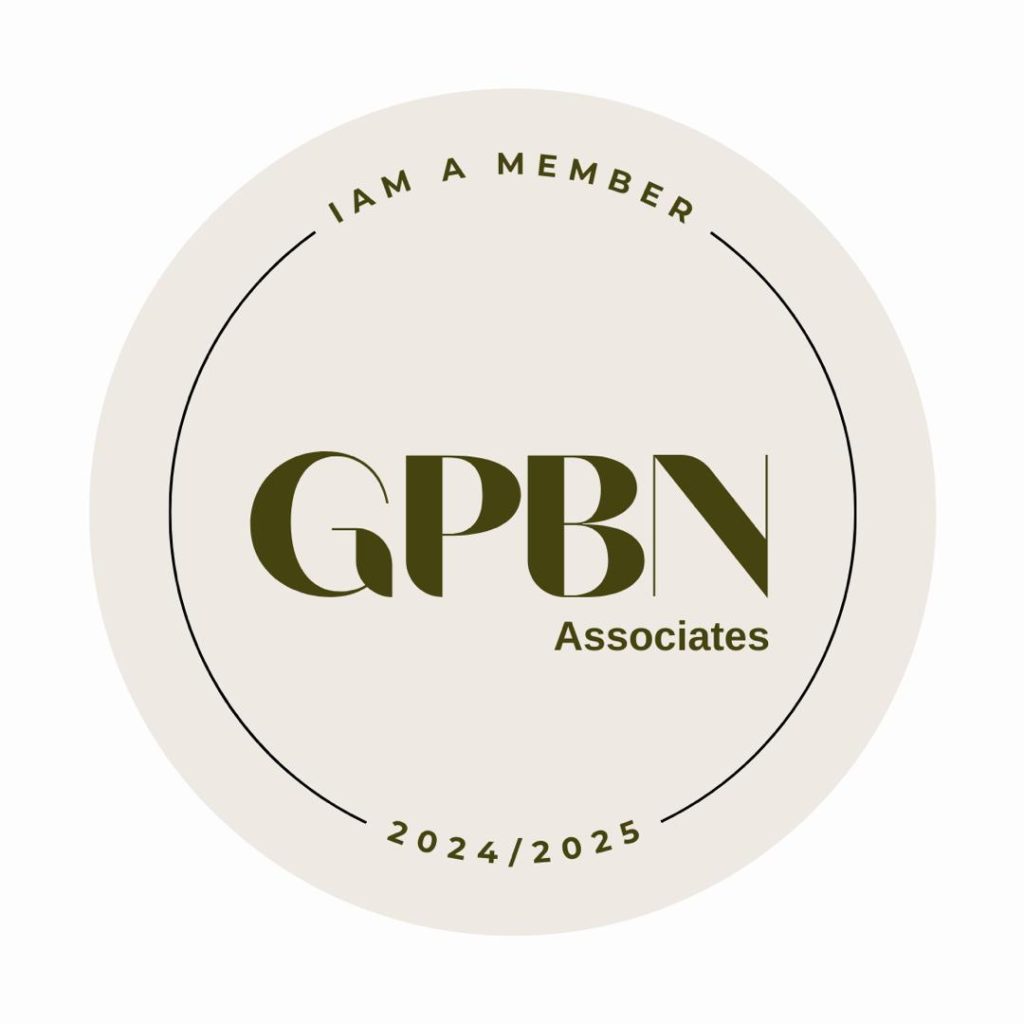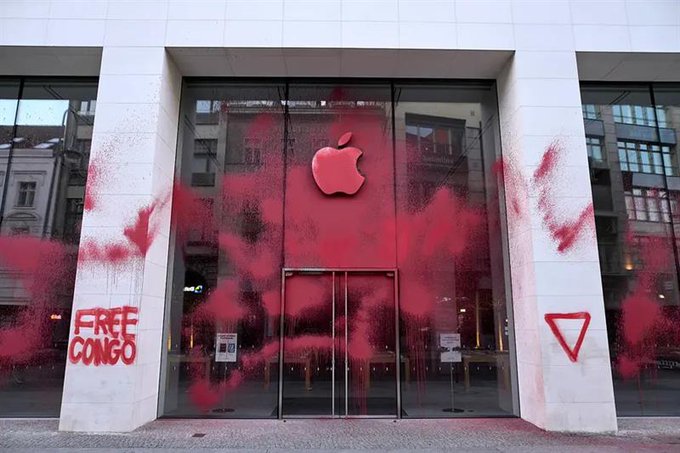
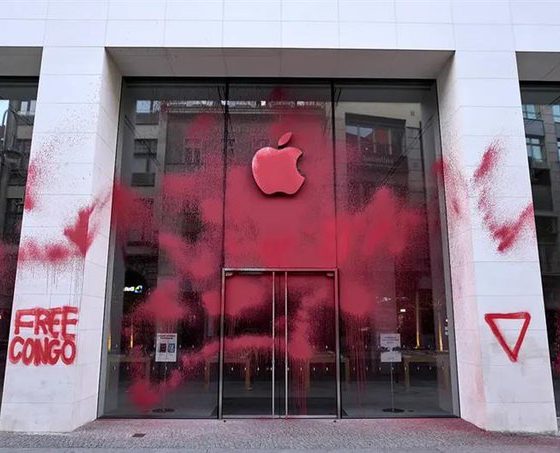
Africa
DR Congo Sues Apple Over Alleged Use of “Blood Minerals”
The Democratic Republic of Congo has taken a significant step by filing a lawsuit against tech giant Apple, accusing the company of using “blood minerals” in its products. The lawsuit alleges that Apple has been purchasing minerals smuggled from the DRC into neighboring Rwanda, where they are laundered and integrated into the global supply chain.
The DRC’s lawyers claim that Apple’s products, including Macs and iPhones, are “tainted by the blood of the Congolese people” due to the company’s alleged reliance on minerals sourced from a region plagued by violence, corruption, and human rights abuses. The lawyers point out that the region has been devastated by grave human rights violations, including sexual violence, armed attacks, and widespread corruption at mining sites.
Apple has responded to the allegations, citing its 2023 annual corporate report, which states that the company found no reasonable basis to conclude that any of its suppliers or refiners in the DRC or neighboring countries directly or indirectly financed or benefited armed groups. However, the DRC’s lawyers argue that Apple’s efforts to ethically source its minerals are “notoriously insufficient” and that the company relies too heavily on certification from the Tin Supply Chain Initiative (ITSCI), which has been shown to have numerous shortcomings.
The lawsuit is part of a broader effort by the DRC to hold companies accountable for their role in the exploitation of the country’s mineral resources. The case has significant implications for the tech industry, which relies heavily on minerals such as tantalum, tin, tungsten, and gold to produce smartphones and other electronic devices.
As the lawsuit moves forward, it will be important to watch how Apple and other companies respond to allegations of using “blood minerals” in their products. The case has the potential to shed light on the complex and often murky world of mineral sourcing and to hold companies accountable for their role in perpetuating human rights abuses.
Africa
Guinea-Bissau Military Seizes Power, Arrests President Embaló

Guinea-Bissau plunged into uncertainty on Wednesday after a group calling itself the High Military Command for the Restoration of National Security announced it had seized control of the country and arrested President Umaro Sissoco Embaló, his interior minister, and several senior officials.
The military faction claimed the operation followed what it described as a foiled destabilization plot involving political actors. The takeover comes just days after the tense November 23 general elections, which saw widespread allegations of irregularities and heightened political friction.
Borders Shut, Curfew Imposed
In a televised announcement, the group said it had suspended the electoral process, ordered the closure of all land, air, and sea borders, and imposed a 7 p.m. nationwide curfew. Residents in Bissau reported heavily armed soldiers establishing checkpoints across major routes as confusion and panic spread.
As the military solidified its control, communication disruptions were reported, and government offices remained shuttered.
A Nation With a History of Coups
Guinea-Bissau, a small West African nation of around 2 million people, has experienced nine coups or attempted coups since gaining independence in 1974. Analysts say the latest power struggle underscores the country’s chronic political instability and persistent factional rivalries within the military.
Regional and International Condemnation
The takeover drew swift and strong condemnation from regional bodies.
ECOWAS called the arrests “unacceptable” and demanded the “immediate and unconditional release” of President Embaló.
The African Union echoed the call, describing the situation as a “serious violation of constitutional order.”
Diplomatic missions in Bissau urged restraint and warned that instability threatens humanitarian and economic conditions in one of the region’s poorest states.
Follow BONA NAIJA for more
Africa
African Union Rejects Christian Genocide Claims in Nigeria After Trump Threats

The African Union (AU) has firmly dismissed allegations of a “Christian genocide” in Nigeria, countering recent claims and implied threats of U.S. military intervention made by President Donald Trump.
Speaking at a United Nations press conference on Wednesday, African Union Commission Chairperson Mahmoud Ali Youssouf described the allegations as “dangerously misleading” and warned against external narratives that could inflame tensions in Nigeria.
“There is no evidence of a systematic campaign aimed at exterminating Christians in Nigeria,” Youssouf stated. “Extremist groups such as Boko Haram and ISWAP have, in fact, targeted far more Muslims than Christians since their insurgency began in 2009.”
AU: Violence Is Terrorism, Not Religious Cleansing
Youssouf explained that the AU continues to monitor the security situation in Nigeria’s northeast, where Boko Haram’s insurgency remains active. He stressed that the violence does not fit the definition of genocide and should instead be understood as “indiscriminate terrorism driven by extremist ideology, not religious policy.”
Nigeria Agrees with AU Position
The Nigerian government has also rejected Trump’s characterization of events. Officials say that both Christian and Muslim communities have suffered, and that framing the conflict as a religious war undermines counterterrorism cooperation.
AU Warns Against Foreign Military Intervention
Responding to Trump’s threat of possible military action to “protect Christians,” Youssouf urged the U.S. to avoid unilateral decisions.
“Nigeria is a sovereign state. Any intervention must be coordinated with African institutions and grounded in facts, not political sentiment,” he said.
He added that mischaracterizing Nigeria’s complex security challenges could worsen religious tensions and derail stabilization efforts.
Follow BONA NAIJA for more
Africa
JCI Nigeria’s Oluwatoyin Atanda Named 2025 Most Outstanding National President
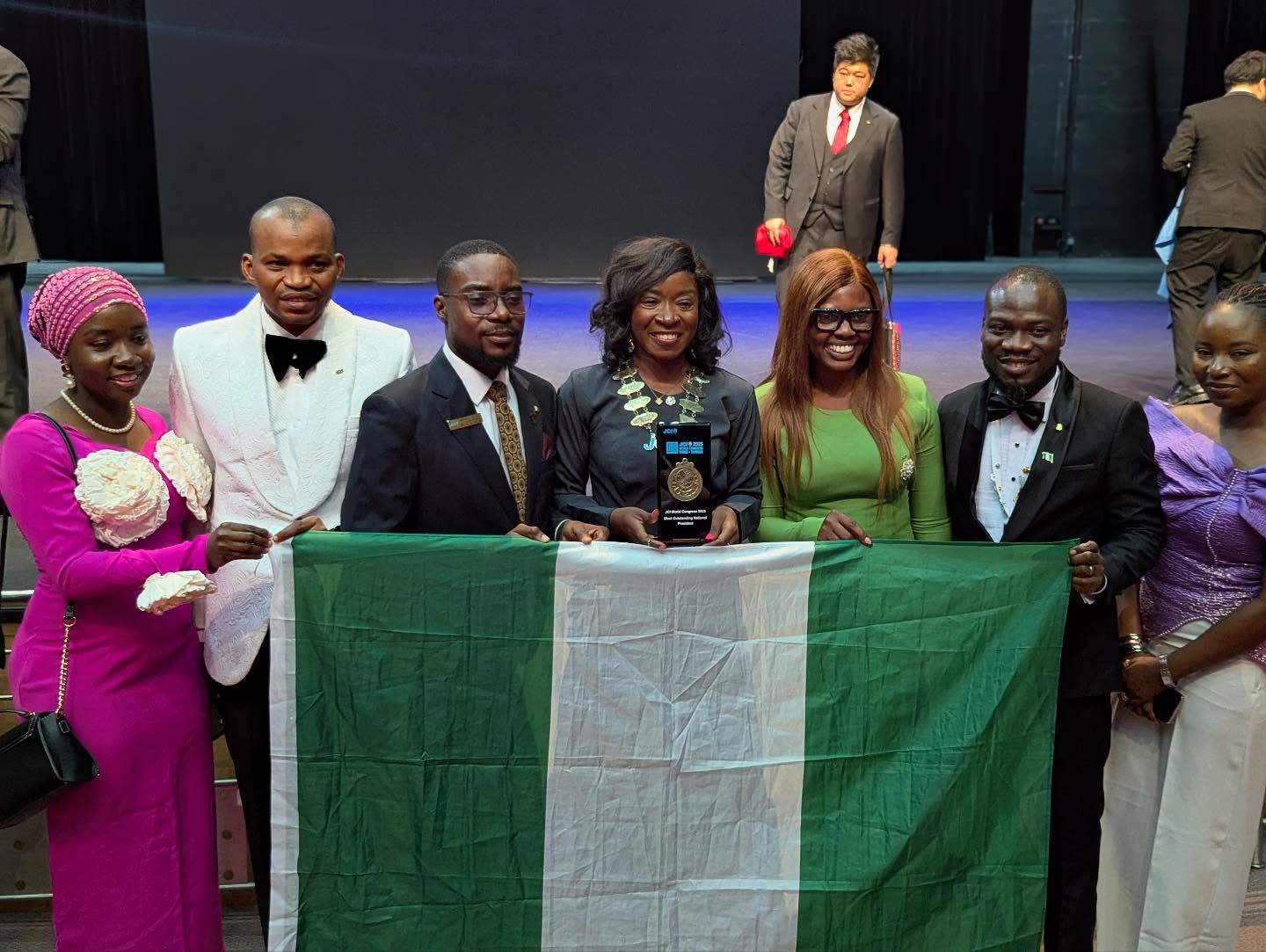
Oluwatoyin Atanda, the 2025 National President of Junior Chamber International (JCI) Nigeria, has been honoured as the Most Outstanding National President among more than 100 leaders of the global youth organisation.
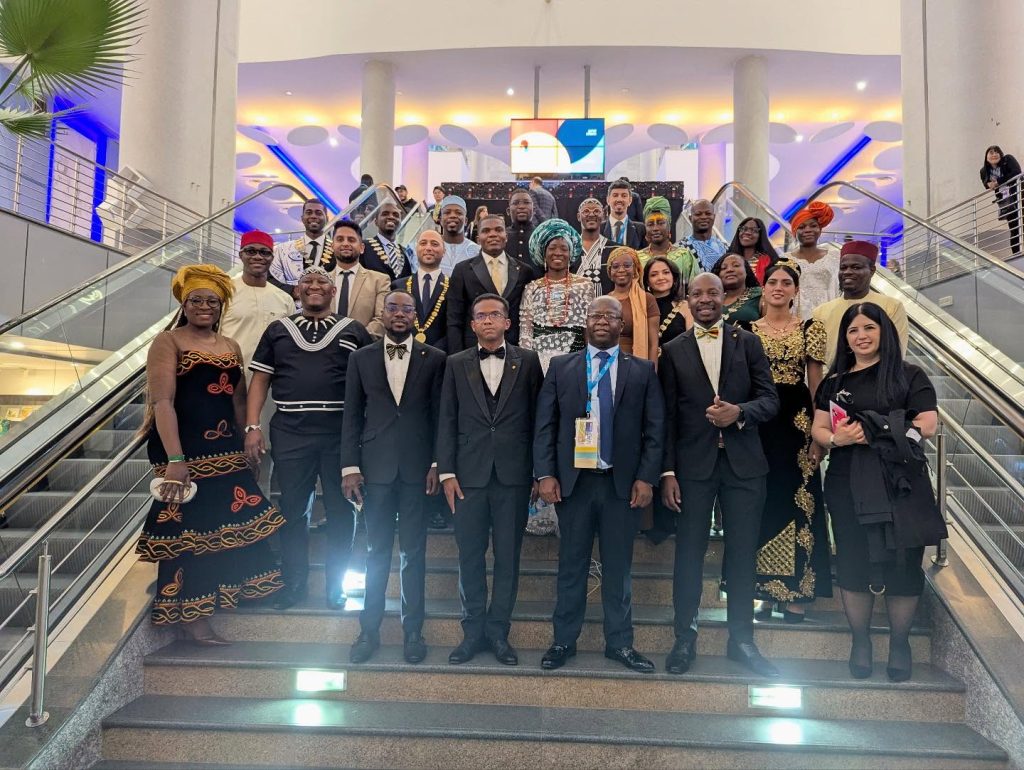
The announcement was made on Saturday, November 8, 2025, during the JCI World Congress Gala Night held in Tunis, Tunisia.
Atanda, who also serves as the Senior Special Assistant to Lagos State Governor Babajide Sanwo-Olu on Establishments and Training, dedicated the award to members of JCI Nigeria, especially her 2025 executive team.
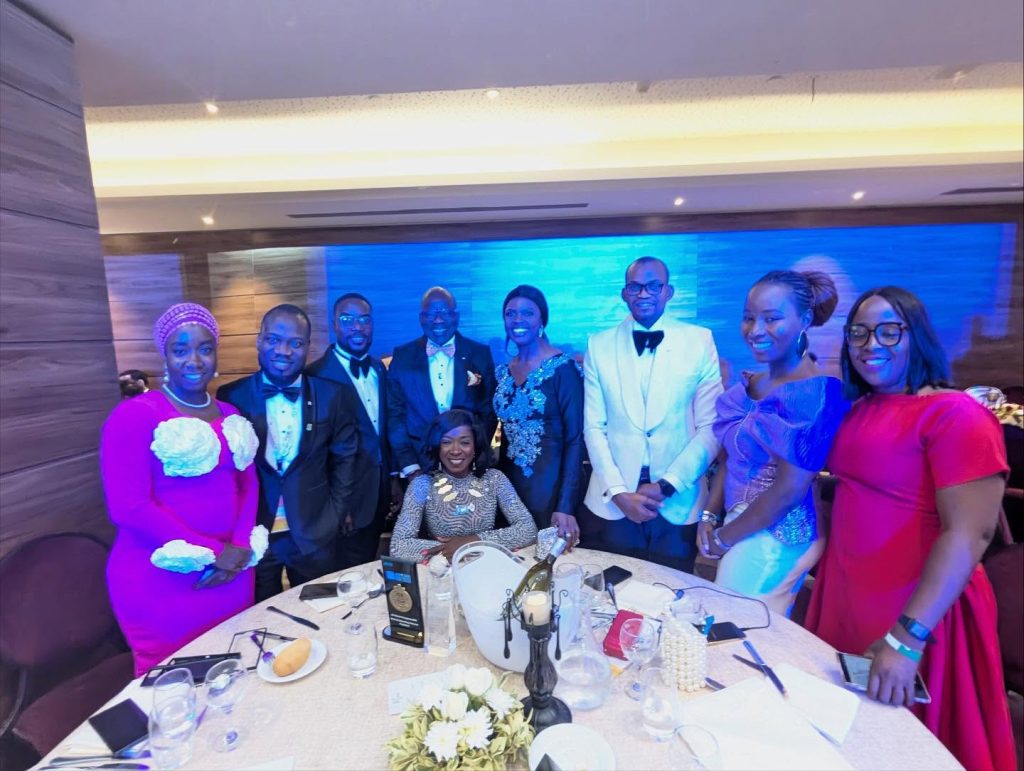
“This is a proud moment for me and JCI Nigeria. Our ELV8 theme – rising together for a sustainable future, redefining leadership, and inspiring others to lead with purpose has truly paid off,” Atanda said in her acceptance speech.
Since assuming leadership in January 2025, Atanda has focused on mobilising Nigerian youth, promoting community development, and positioning JCI Nigeria as a global force for social impact.
At the World Congress, she also received a Certificate of Appreciation on behalf of JCI Nigeria for the organisation’s exceptional global impact and contribution to the 2025 JCI Impact Drive.
She noted that the recognition underscores Nigeria’s commitment to advancing the UN Sustainable Development Goals (UNSDGs) and highlights JCI Nigeria’s role in shaping the 2025 JCI Impact Report.
Follow BONA NAIJA for more
Africa
Chad Shuts Border As ‘Terrorists Plan’ To Flee Northern Nigeria Over Planned US Military Attǎck

The government of Chad has reportedly closed its border with Nigeria amid rising tension following U.S. President Donald Trump’s warning of a possible military intervention in Nigeria.
Recall that on Friday, October 31, President Trump said there were reports of a “Christian genocide” in Nigeria and subsequently redesignated the country as a “Country of Particular Concern” (CPC) — a move that has sparked diplomatic unease across West Africa.
According to a post on X (formerly Twitter) by security and counterinsurgency expert Zagazola Makama, the Chadian government has since ordered a complete border lockdown.
“Military sources in N’Djamena confirmed on Monday that President Mahamat Idriss Déby Itno ordered a complete military lockdown along the Nigerian border after intelligence suggested that terrorist elements from northern Nigeria were preparing to flee into Chadian territory,” Makama wrote.
The report further revealed that the Chadian army has been placed on full alert, with troops and armoured vehicles deployed across strategic border corridors linking the two nations.
President Déby Itno was quoted as warning that “no armed group or foreign force will be allowed to enter Chadian soil under any disguise.”
The border closure comes amid heightened regional tensions and growing speculation about potential U.S. military activities in parts of West Africa.
Security analysts believe Chad’s decision is a preventive measure aimed at protecting its sovereignty and curbing potential infiltration by armed groups exploiting the region’s instability.
Follow BONA NAIJA for more
Africa
12 Feared Dead in Kenya Plane Crash En Route to Maasai Mara
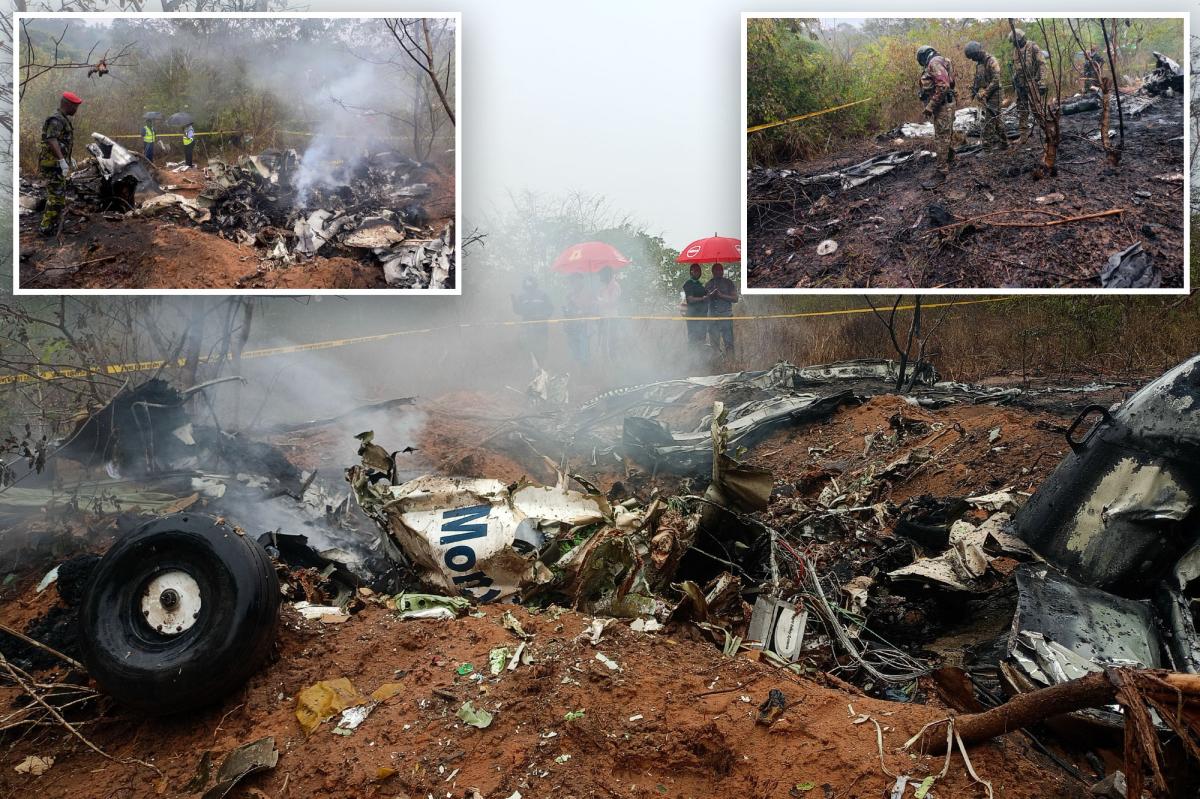
A small aircraft traveling from Kenya’s coast to the Maasai Mara National Park crashed early Tuesday, with all 12 people on board feared dead, according to the Kenya Civil Aviation Authority (KCAA).
The plane departed from Diani, a popular tourist destination, and was headed to Kichwa Tembo, a private airstrip within the Maasai Mara — one of Kenya’s most visited wildlife reserves. The crash occurred around 5:30 a.m. local time (0230 GMT).
“The aircraft had 12 persons on board,” the KCAA said in a statement. “Government agencies are already on site to establish the cause of the accident.”
Authorities have not yet released details about the aircraft model or the nationalities of the passengers. Rescue and investigation teams have been deployed to the crash site to recover the wreckage and assess the situation.
This latest incident comes just months after a light aircraft operated by medical NGO Amref crashed near Nairobi in August, killing six people and injuring two others raising renewed concerns about air safety in the region.
Follow BONA NAIJA for more
-

 World News3 weeks ago
World News3 weeks agoUS Military Submits Contingency Plan for Action in Nigeria
-

 Music2 weeks ago
Music2 weeks agoNikos Living Releases ‘Call My Name’ Featuring Peruzzi and Young Jonn
-

 Music News3 weeks ago
Music News3 weeks agoBurna Boy, Davido, Ayra Starr, Wizkid Lead Nigeria’s Charge in 2026 Grammy Nominations
-

 Entertainment3 weeks ago
Entertainment3 weeks agoDavido Splashes ₦1.08 Billion on 2025 Rolls-Royce Black Badge Cullinan
-

 Africa3 weeks ago
Africa3 weeks agoJCI Nigeria’s Oluwatoyin Atanda Named 2025 Most Outstanding National President
-

 News2 weeks ago
News2 weeks agoBrig-Gen M. Uba Killed by ISWAP After Terrorists Intercepted His Location
-
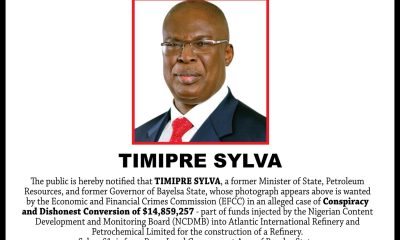
 News3 weeks ago
News3 weeks agoBREAKING: EFCC Declares Ex-Governor Timipre Sylva Wanted Over $14.8m Fraud
-

 Sports3 weeks ago
Sports3 weeks agoFalconets Beat Ghana 3–0 to Win 2025 WAFU B U-20 Championship in Benin Republic
-

 Biafra1 week ago
Biafra1 week agoJudge Orders Nnamdi Kanu Out of Courtroom as Judgment Begins
-

 Abuja3 weeks ago
Abuja3 weeks agoTension in Abuja as Soldiers Block Wike from Accessing Gaduwa Land Linked to Retired Admiral



























